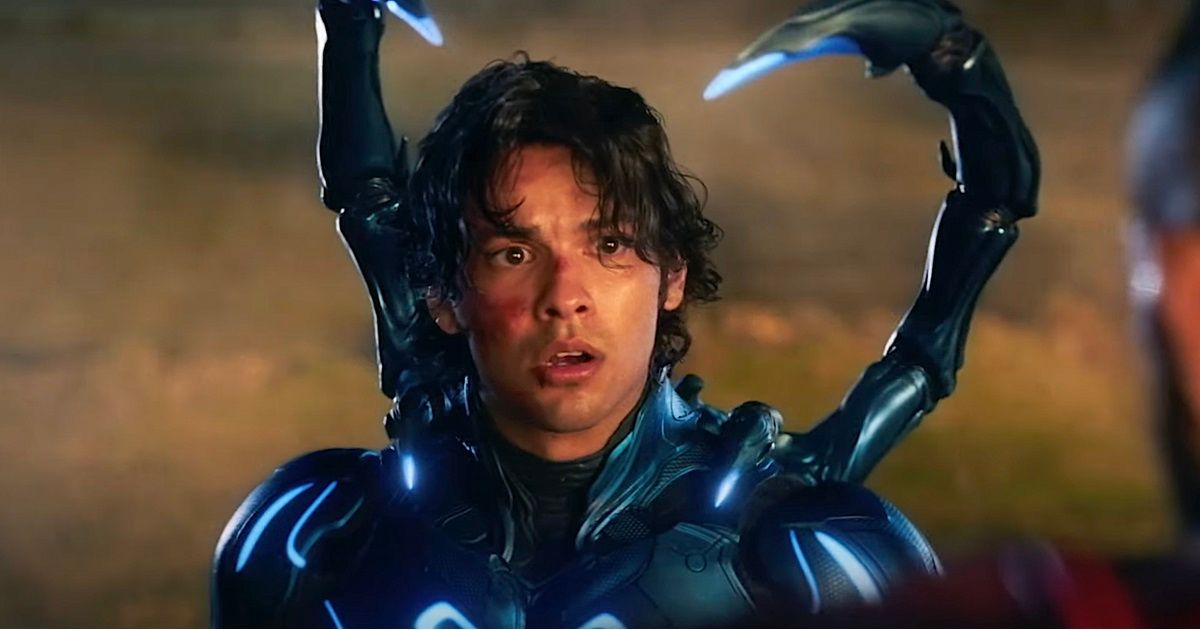From a fourth-wall-breaking prologue in which Waititi (as the narrator, a local priest) mugs for the camera and tells us that this is a true story with embellishments and you’ll never know what’s what, through the expository montage about the American Samoan team’s complete humiliation and demoralization, through the arrival of the depressed, alcoholic, antisocial Rongen and the assembly and betterment of the team and the portrayal of American Samoa as the South Pacific version of the cornball eccentric small towns in ’90s American comedies such as “Doc Hollywood” and “My Cousin Vinny” through the upbeat, against-all-odds happy ending, “Next Goal Wins” is pleasantly listless. It occasionally seems to be raising a mocking eyebrow at us while it barely tries (and not just when Waititi’s narrator chimes in). It also has the off-putting habit of calling our attention to cliched moments by quoting dialogue and situations from other sports movies (notably ‘The Karate Kid” and “Any Given Sunday”) and other movies, period (Rongen cribs dialogue from “Taken” and, if my ear doesn’t mistake me, “Malice”).
It’s as if Waititi and company are tacitly admitting that it doesn’t matter if the movie is great or even particularly good. Our Pavlovian conditioning as underdog sports movie fans means we’ll become emotionally invested even if the script is filled with placeholder dialogue and even if most of the movie doesn’t so much seem directed as lightly overseen, like a yard cleanup or the loading of a truck on moving day—and even if the choice of protagonist is the least interesting one possible for this particular story.
Which brings us to Rongen, played by Michael Fassbender. He’s front-and-center from start to finish, and there isn’t a single other character on the island who wouldn’t have made a more surprising and fascinating protagonist. Most of the team’s players and family members are barely developed as characters. The script keeps working their names and summaries of their personal stories into dialogue to remind us who they are and reassure us that they haven’t been completely marginalized. The film is primarily concerned with the American Samoan victory as a way of forcing Rongen to come to terms with his alcoholism and the presumed cause of it. Apparently, he was screwing up so badly in his previous job that the league’s top executives—which include Rongen’s ex-wife Gail, played by Elisabeth Moss, and her new boyfriend, a smug and scatterbrained president played by Will Arnett—sent him to the island hoping the new assignment would help him save himself. (A surprising amount of this movie is Apple TV’s “Ted Lasso,” but with the clean-living, relentlessly positive title character replaced by a miserable drunk.)
You can view the original article HERE.






























